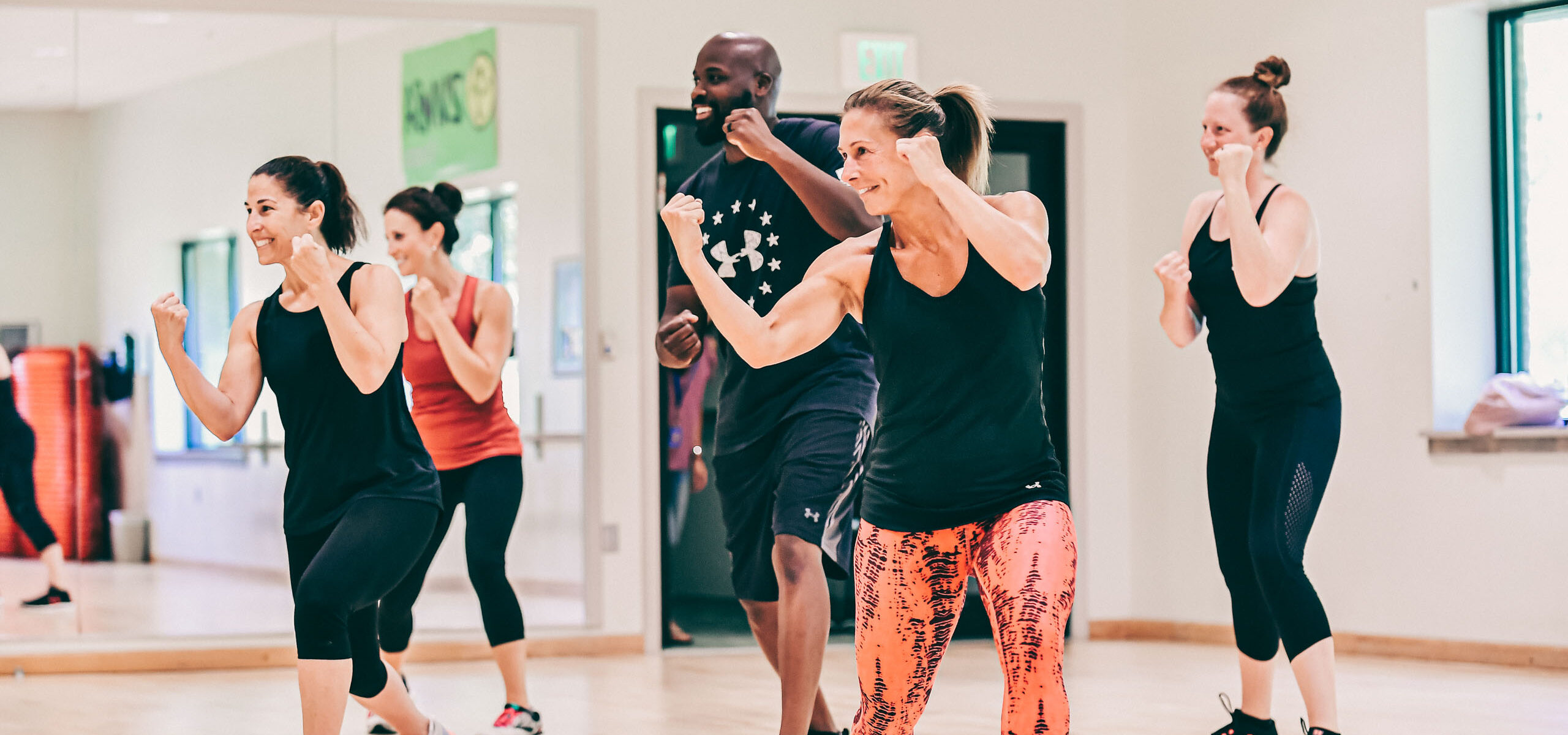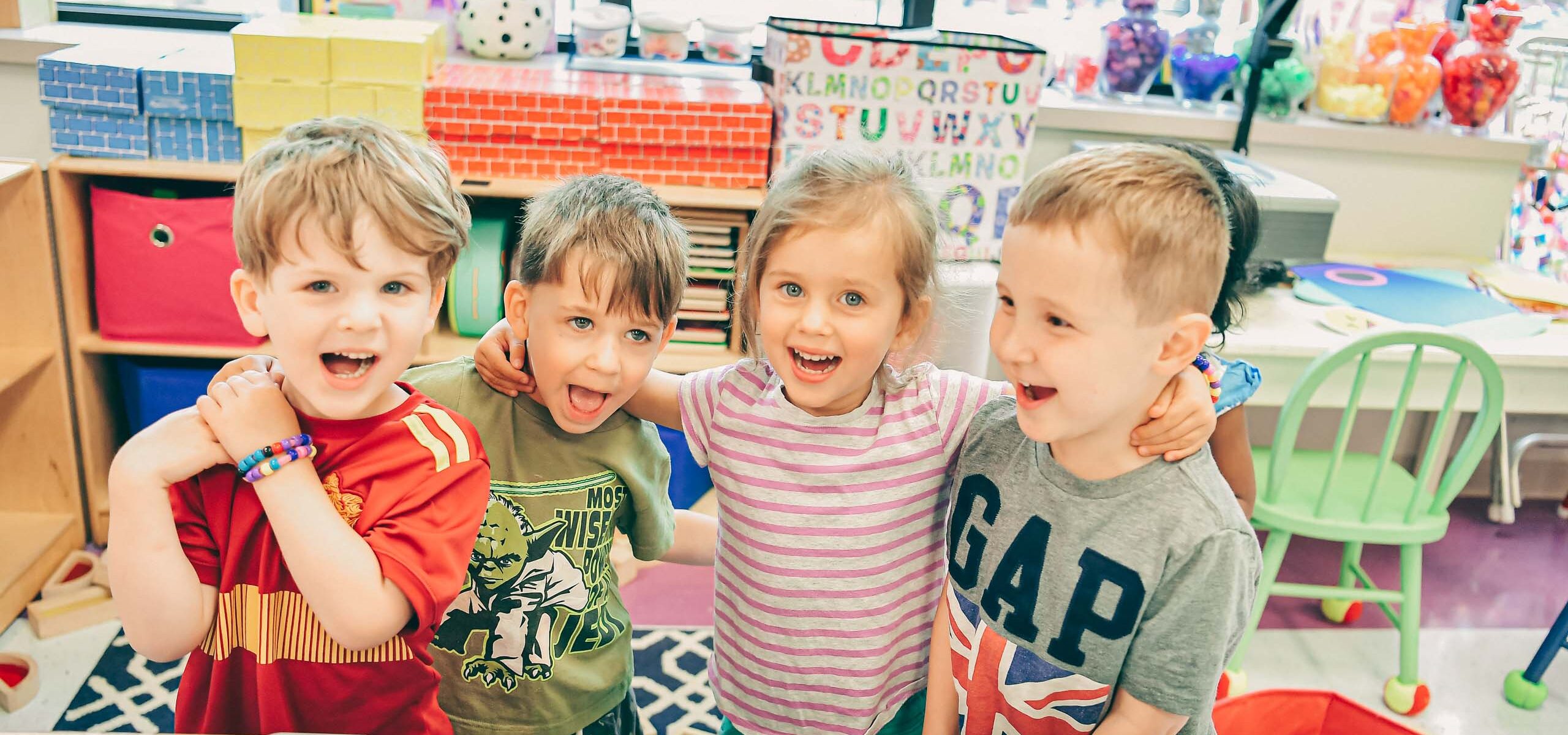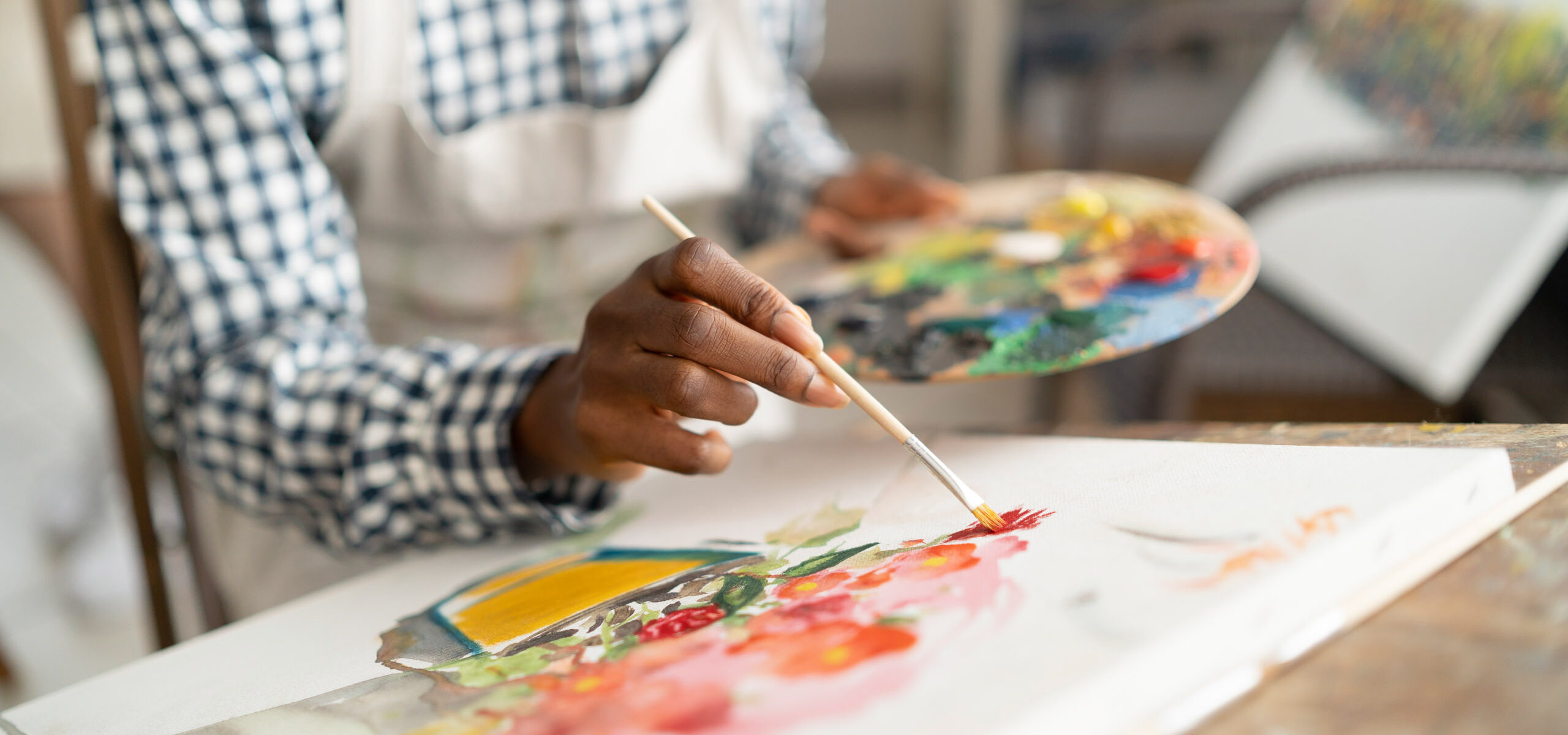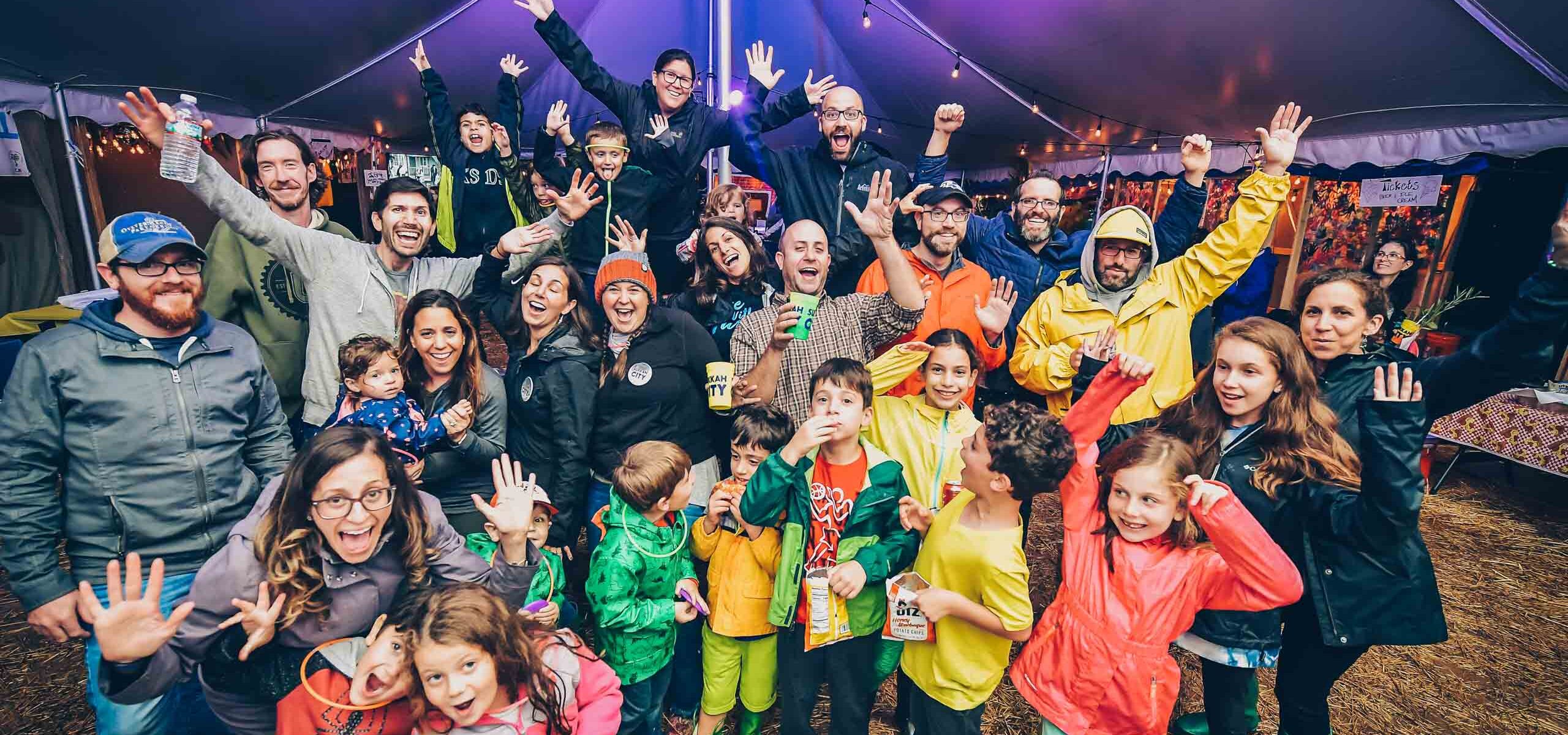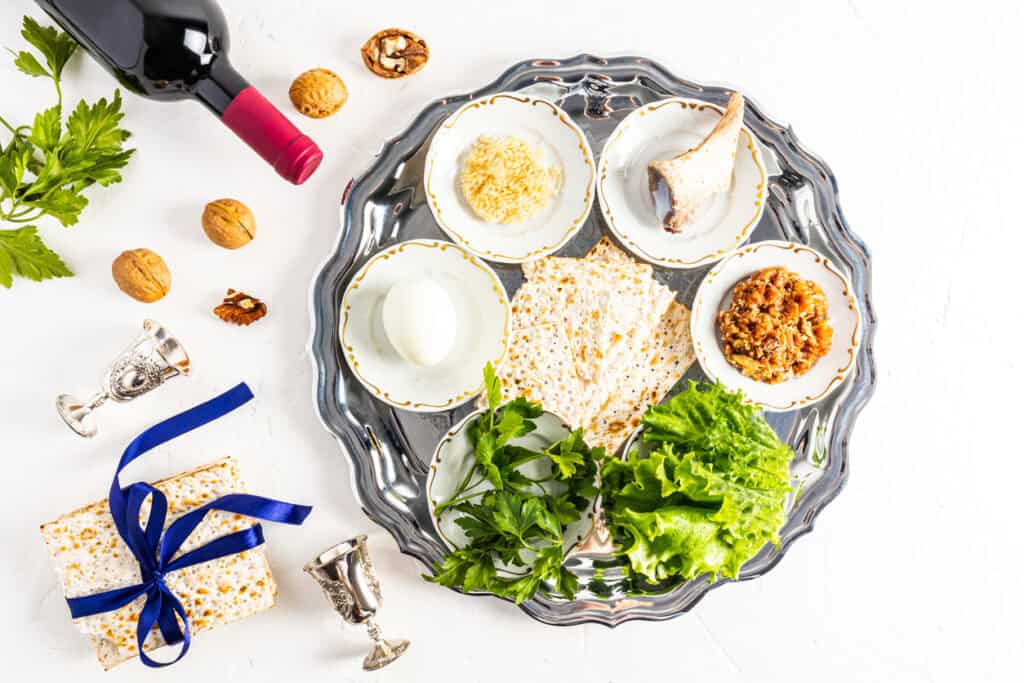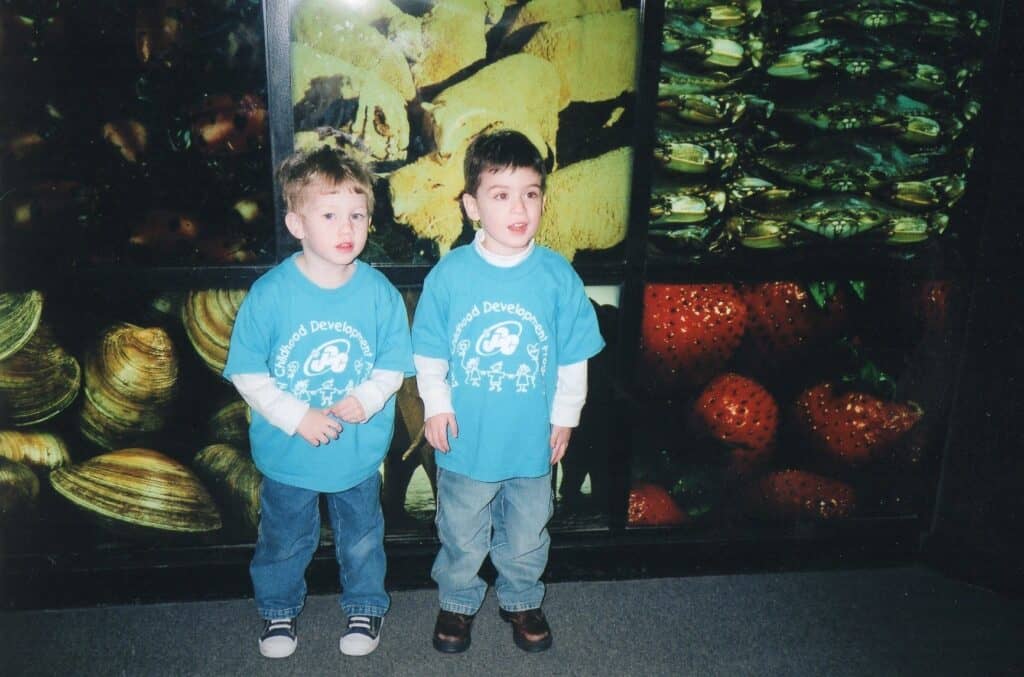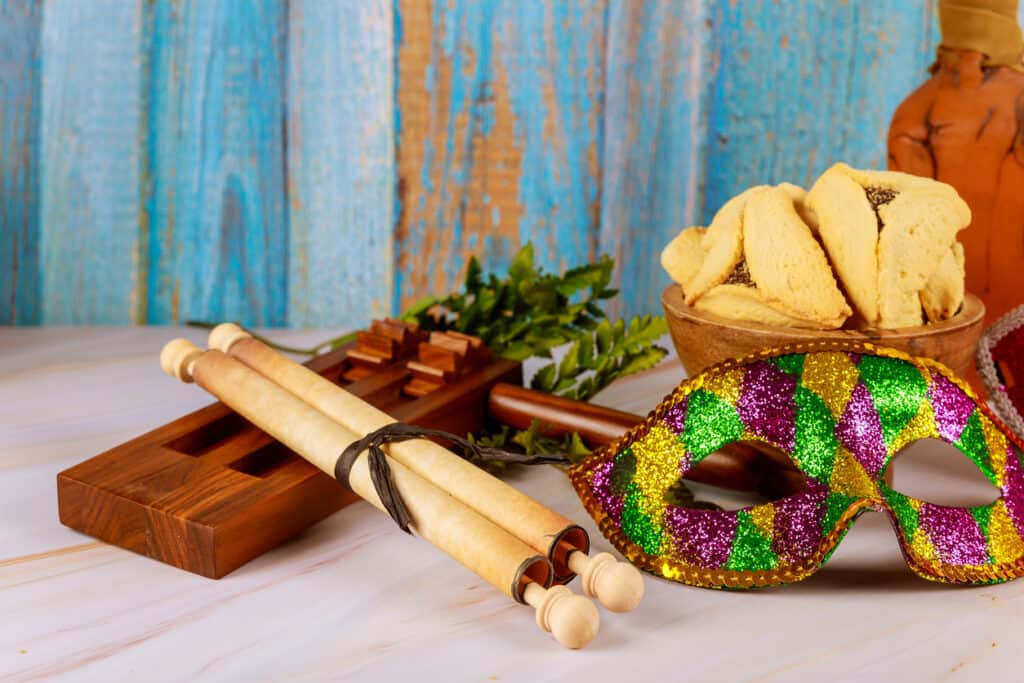Dr. King’s Dream and Reaching the Promised Land
On comforting the agitated, and agitating the comfortable.
By Rabbi Jessy Gross
 During rabbinical school I had a chance to take a class on the life and teachings of Rabbi Abraham Joshua Heschel. Rabbi Heschel would forever be on my list of someone who I would have wished to learn from directly, and who I would forever be grateful I had a chance to learn from through his writings and teachings. He was a committed Jew and activist, someone who never fully found a place for himself while all the while always remaining fervently committed to his faith in Judaism and expression of Jewish values, notably our charge to pursue justice for all people.
During rabbinical school I had a chance to take a class on the life and teachings of Rabbi Abraham Joshua Heschel. Rabbi Heschel would forever be on my list of someone who I would have wished to learn from directly, and who I would forever be grateful I had a chance to learn from through his writings and teachings. He was a committed Jew and activist, someone who never fully found a place for himself while all the while always remaining fervently committed to his faith in Judaism and expression of Jewish values, notably our charge to pursue justice for all people.
As part of that course I had the chance to interview Rabbi Heschel’s daughter, Susannah. We spent over an hour on the phone together. She told me about her father the rabbi, but really about her father, the person. He was a mensch, a soul seeker, a product of a long line of spiritually and religious committed Jews and he believed in the power of action and the duality of the role of the rabbi: to comfort the agitated and to agitate the comfortable.
I asked Ms. Heschel about the famous relationship between her father and Dr. Reverend Martin Luther King; a question she had surely been asked many times before. Her answer struck me. She could reference the grand moments captured by photographers and media that inspired many and demonstrated how the two men worked alongside one another for justice through a lens of faith-based organizing. However, her memories were of Dr. King at her Shabbas dinner table. She told me of how Dr. King would come for Shabbat and the conversations that would begin as Shabbat dinner discussions and linger well into the night as Rabbi Heschel and Dr. King continued what can surely be called a chavruta (a learning partnership). They would talk about their shared dreams for a Promised Land; where civil rights blotted out injustices and the soul of the oppressed had exited Egypt. They would study together from one another’s respective religious tradition and reflect on the tactics they employed as faith-driven justice seekers looking to do sacred work in their time. Ms. Heschel spoke about coming downstairs on Shabbat morning where Dr. King would be sleeping on the couch, and how he was like an uncle to her; part of her family.
I grew up in a town where there were not many Jews. In fact, I was one of five Jews in my class of over 600 students. I did grow up alongside a significant number of African American peers. In fact, my four closest friends in the neighborhood growing up all belonged to the same Baptist church and I learned early on that our parents wanted very similar things for us: to raise us to be motivated to act in the world through our faith, to be part of a community of peers and people who were proud of the particularities that made us unique, and to marry someone like us. My friends parents wanted them to marry someone they shared a heritage with just as strongly as my parents hoped I would one day marry someone Jewish. We were minorities based on different criteria, but we shared similar experiences as children learning to navigate what made us unique that was so important to our parents and that placed us in a unique position to understand our place in the world.
And, we shared stories: albeit with different details. We had stories of wandering, and stories of collective hatred, and stories of parallel systems to teach us where we came from and what our legacy was because so much of the greater world at times didn’t like us or want us around. Part of my own Jewish identity and pride for being Jewish is wrapped up in those childhood relationships with friends from that community.
The relationship between the Jewish community and the Black community (recognizing that they are not mutually exclusive…there are many who identify as part of both) is something I would love for us to dig into more intentionally. While we have distinct differences, I believe that the power of what two communities could do in relationship with one another is profound. I understand there are people who may feel different than I do. I know the relationship between the Jewish community and the Black community has had its share of tensions in addition to its moments of synchronicity.
At our JCC we are in a unique place to learn about people who are different than us. Maybe they are Jewish and practice Judaism differently than we do. Maybe they aren’t Jewish and we can build bridges by learning more about each other that is possible because we take the same exercise classes or our children learn to make challah together. And when it comes to race relations, I would be so proud of our community if a few years down the road we can say that we are actively trying to know each other better and learn the narratives that help us understand our place in the world.
Many of my colleagues who work on racial justice and equality lament that MLK day is when we write some version of this “sermon” before tucking it away for another year. Maybe we are at a time where our curiosity to know someone who is different than us can triumph over our tendencies to only interact with people who are like us. Maybe between this MLK day and next, we can find ways in our JCC community and individuals who are passionate about learning different people’s narratives, can start to come together to build relationships and understanding. After all, aren’t relationships at the center of what it means to be community? And, as two groups who have a long narrative of trying to fit in, to be accepted for who they are and to practice the particularities of their identity with pride and in safety aren’t we poised to do some things together that we may never be able to do on our own?
When I imagine sitting at the Shabbas dinner table with Rabbi Heschel and Dr. King I dream that they too must have shared this notion. I imagine how inspiring it must have been for them to be committed, learned, passionate representatives of their traditions and to pursue justice together. That would be one of my dreams as we move into a weekend of thinking about Dr. King’s dream and how much more there is to do to reach that Promised Land.
“Are you interested in joining me in this discussion? If so please email me at jgross@jcc.org”
